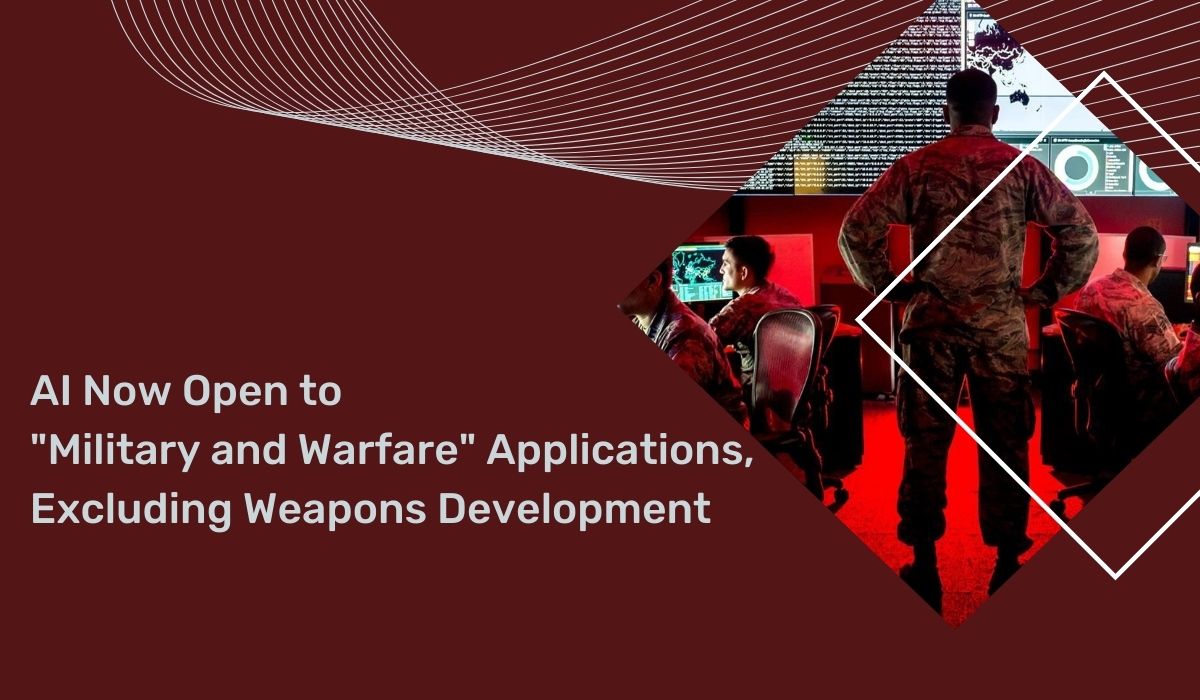
OpenAI has recently updated its usage policies to permit the application of its artificial intelligence (AI) products in certain military contexts. The decision comes as the company actively collaborates with the Department of Defense (DoD) on multiple projects, ranging from cybersecurity initiatives to addressing critical issues like veteran suicide prevention.OpenAI's involvement extends to partnering with DARPA (Defense Advanced Research Projects Agency) on the AI Cyber Challenge. This challenge focuses on automating the identification and rectification of software vulnerabilities, aiming to fortify critical infrastructure against cyber threats. The company's strategic engagement with the U.S. military marks a departure from its earlier policy that explicitly prohibited military applications of its products.
Previously, OpenAI's usage policies explicitly barred applications related to "military and warfare." However, the updated terms remove the specific mention of the military while still emphasizing the prohibition of harmful use or the development of weapons using its tools. Anna Makanju, OpenAI’s VP of global affairs, explained during an interview at the World Economic Forum that the revision aimed to align use cases with the company's broader vision for positive societal impact.This policy shift echoes a broader trend, challenging the historical reluctance of Silicon Valley employees to contribute to military applications. Instances of employee protests at tech giants like Microsoft, Google, and others have been observed in response to partnerships with military entities. OpenAI’s decision, therefore, stands as a noteworthy reflection of evolving perspectives within the tech industry.
While a spokesperson for OpenAI emphasized that their policy prohibits the use of AI tools for harmful purposes, weapons development, or communications surveillance, the acknowledgment of national security use cases aligned with the company’s mission suggests a nuanced approach. As AI continues to play a pivotal role in military innovation, questions arise about potential future developments, such as the emergence of AI-driven military applications, sparking both technological advancements and ethical considerations.